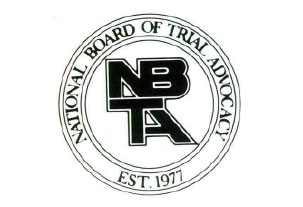According to the Daily Journal, medical value of storing cord blood is disputed by experts. Critics of cord blood banking feel that the chances of needing it are so slim that cord blood banks are unnecessary. Some critics feel that cord blood storage should be handled by a national donation center so that the sick are able to receive stem cell matches, while many critics feel that there is a lack of oversight of private cord blood organizations.
Cord blood banking is still a fairly new procedure. Cord blood contains stem cells and genetic information of the newborn baby. It can be harvested during childbirth, both by vaginal or c-section deliveries. The procedure is painless – cord blood is collected prior to cutting the umbilical cord. Collected umbilical cord blood is sent to a private storage or public donation facility where it is cryogenically frozen for preservation.
Why is cord blood beneficial? In case a child is ever diagnosed with leukemia, cancer or other blood disorders, the stored cord blood and cells are useful in treatment and transplant. Current research posted on Kids Health suggest that cord blood has certain limitations, it is useful for children under the age of 18. After 18 years of age, umbilical cord blood would no longer provide enough stem cells in the event of illness. Still, there is plenty of positive feedback that reports successful stem cell transplant using cord blood and treatment of traumatic brain injuries, cerebral palsy and some genetic diseases.
Stem cell storage requires a monthly payment to the private storage company. Many families wish to store their child’s cord blood in the event of an unforeseen emergency, but simply cannot afford to do so.













